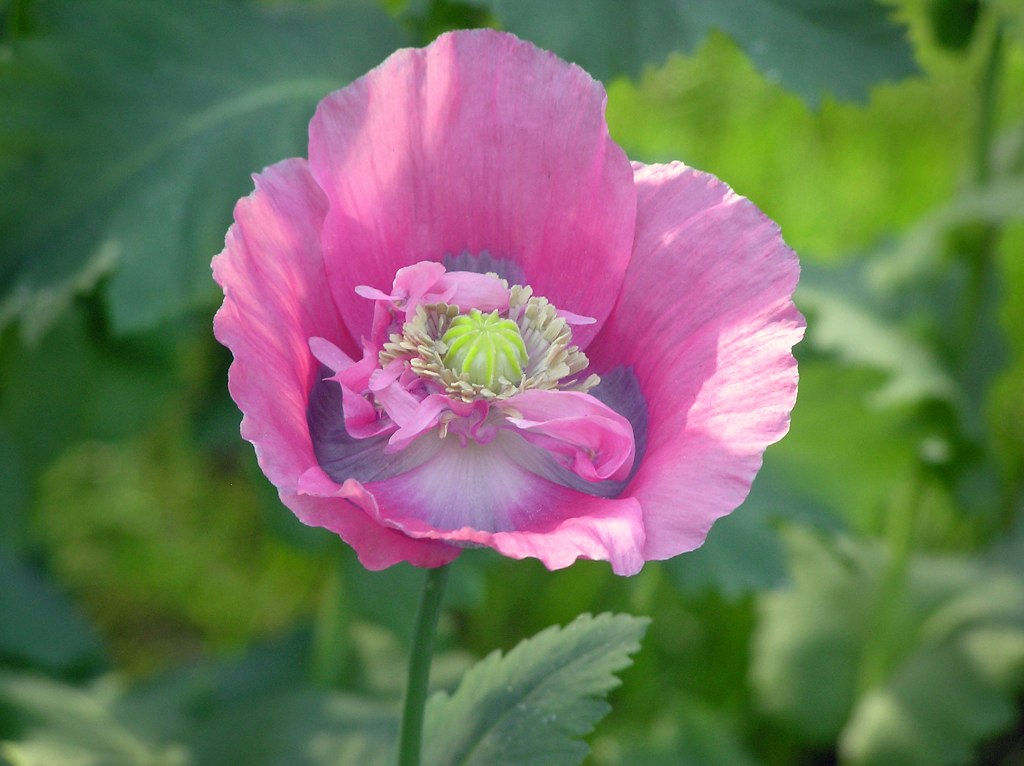
We expected this to be a common reply. We almost didn’t ask the question about “when you felt you were a couple,” given the two obvious answers: when we became engaged or when we were married. Yet, we found in many instances that some other event, of a more personal nature, defined the start of the relationship. Dave, for instance, allowed Kit, his future wife, to borrow his cherished automobile. She, of course, immediately crashed the car and offered to pay Dave off over many years. At that point, according to Kit: “[Dave] said I would never pay him off, so he was going to have to marry me!” Dave laughs. Kit: “You said that.” Dave responds: “You know how things just jump out the back of your head sometimes.”
Similarly, Robert and Fiona might easily have identified the moment when Fiona decided to move to the United States and leave her English homeland as the key market event, yet this was not the case. Rather, shortly after she had scraped together enough money to come see Robert in the United States, he took her to an antique shop, which was one of her favorite hobbies. While there, a shopper accidently caught her hair on fire with a cigarette. Robert happened to see the smoke, jumped over a counter and quickly put out the, fire with. his jacket. It was at that moment that Fiona knew they were a couple! Robert was a little romantic, believing that they only became a couple after starting to meet family obligations by raising three children. He did add, however, that “the day after I met her in the pub, I knew that she was the girl I was going to marry.”
Certainly, most modern society have traditionally designated the announcement of a couple’s engagement as the formal acknowledgement and in some sense beginning of the relationship between these two people and the marriage ceremony as the final, permanent sealing of the commitment. More recently, in many societies the sexual “consummation” of a relationship has been designated as somehow a marker event. From the traditional perspective, a man and woman supposedly are not to be intimate until they are married; nevertheless, the engagement identified these two people as a couple and they could begin doing “couple-type” things, such as picking out silverware patterns and beginning to plan for their wedding. Classic movies such as Father of the Bride carefully document the pitfalls and delights associated with this phase of engagement, while the engagement periods for royal couples have been often periods of time in which there is extensive press coverage and. public adoration.







